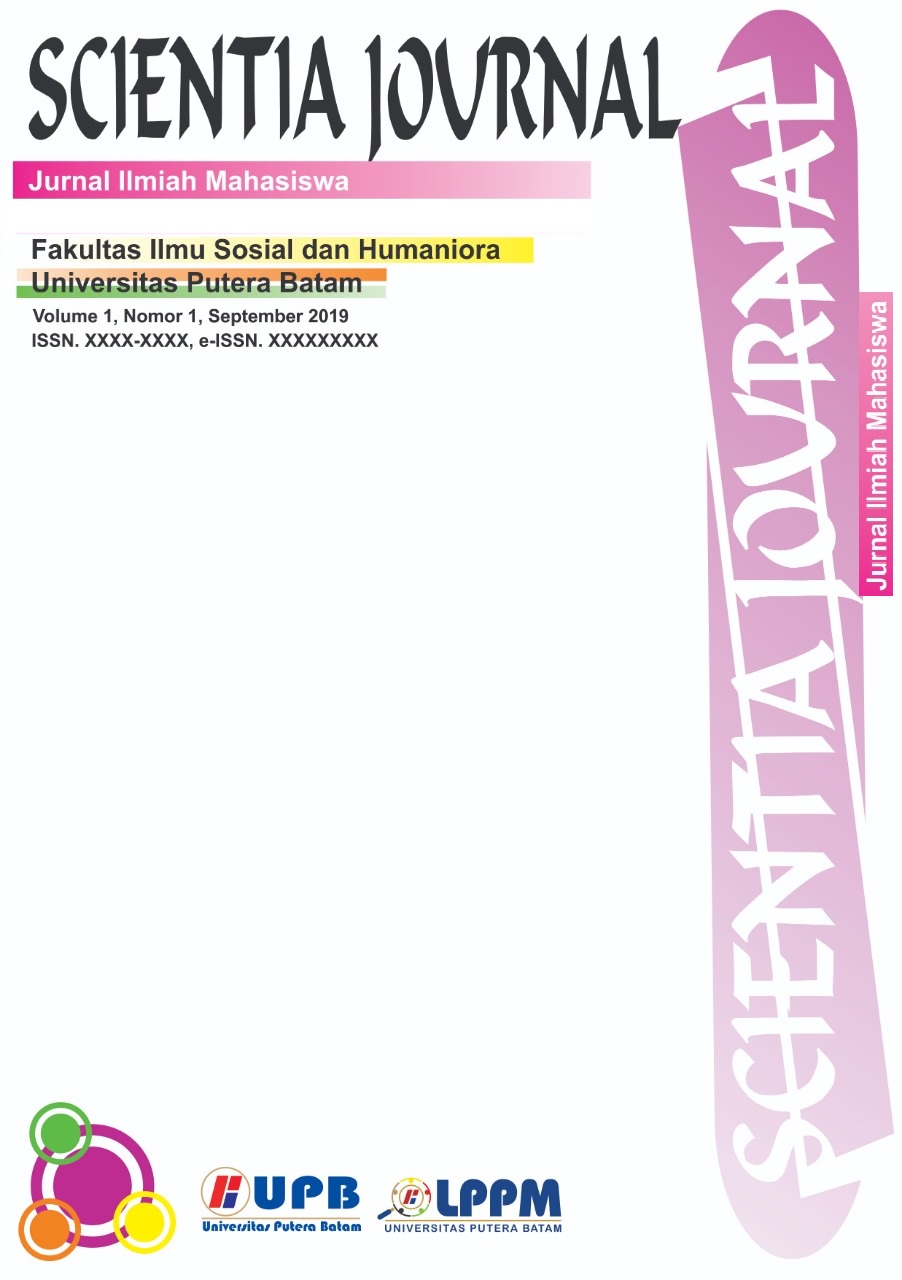ANALISIS IMPLIKASI ADAT YANG DI LANGGAR TERKAIT DENGAN PELANGGARAN HAK ASASI MANUSIA MENURUT HUKUM ADAT NUSA TENGGARA TIMUR (KABUPATEN SUMBA)
DOI:
https://doi.org/10.33884/scientiajournal.v6i2.8545Abstrak
Indonesia is a country with diverse ethnicities, cultures and customs. Each tribe has customary law to regulate the behavior of its people, such as Sumba Island with the customary law of Piti Maranggangu (arrest marriage). Arrest marriage is a process where a woman is taken by force to become a wife. The aim of this research is to determine whether customary criminal cases can be linked to Indonesian positive law in terms of human rights violations. Normative legal research is used by the author as a type of research in this research to explain Customary law that lives in society is unwritten law, and lives in the midst of traditional society which is inherited from ancestors. The nature of the research used is descriptive. The discussion in this research is the application of the customary law of marriage and capture which is a living tradition in society which is rseflected in their patterns of action in accordance with their customs and socio-cultural patterns. In the 1945 Constitution, Article 18B section (2) emphasizes the recognition and respect for the unity of customary law communities and their rights by the state as long as they are in line with the constitution, but in reality there are still customary laws whose customary sanctions violate the constitution and also violate human rights based on Law Number 39 of 1999 concerning Human Rights.














